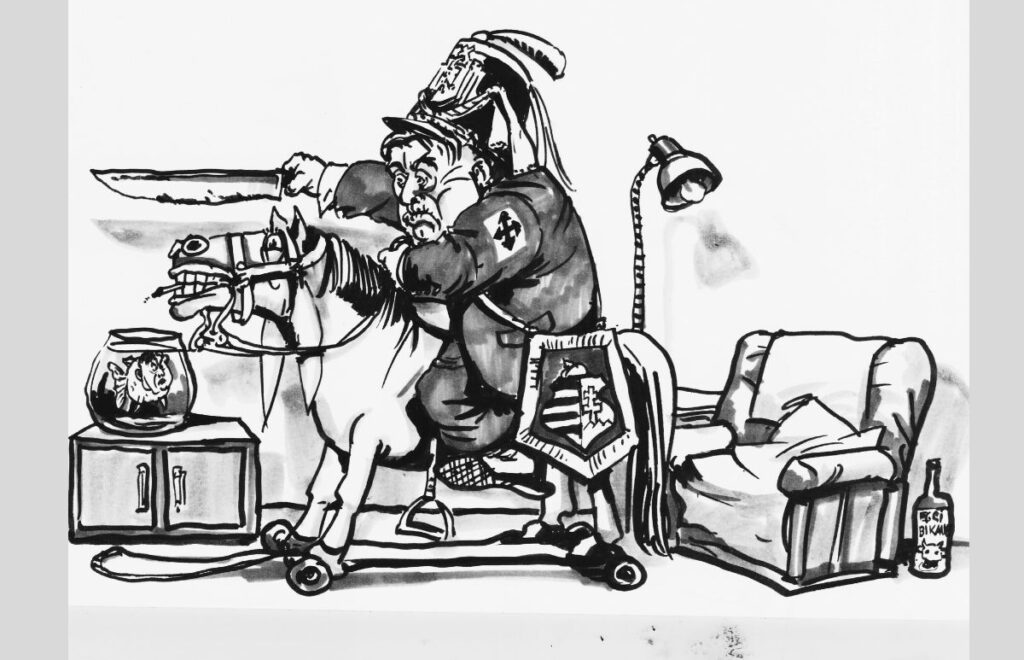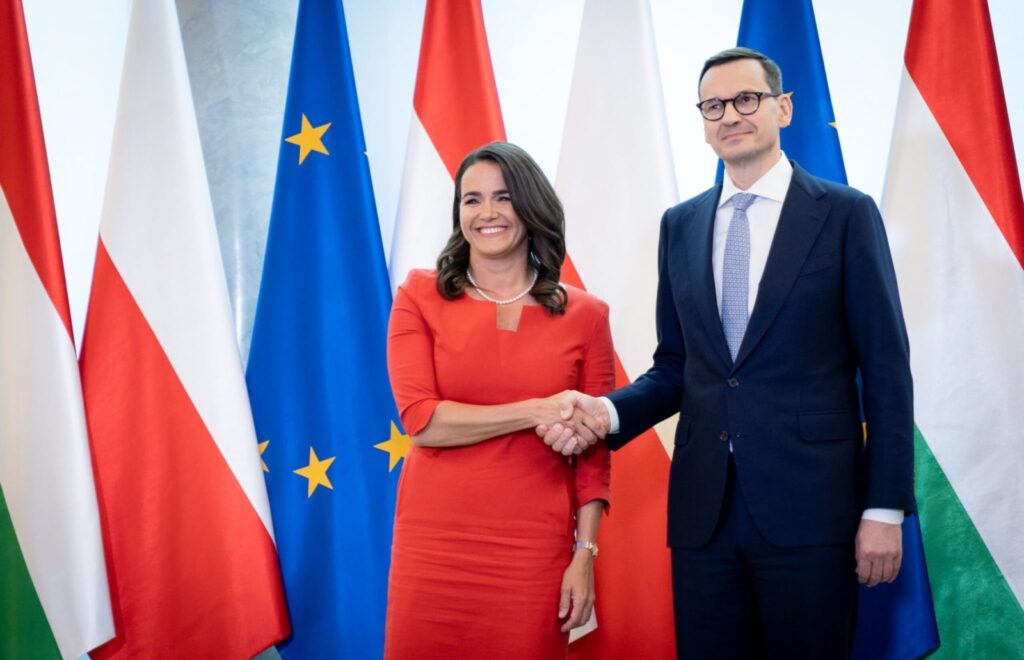Budapest’s readiness to block military and financial aid to Kyiv, delay EU sanctions against Russia and its outspoken criticism thereof are creating serious repercussions for the EU’s image as a foreign policy actor vis-á-vis Russia. These issues further indicate deep divisions among member states and call into question European unity. They also reveal one of the EU’s most discussed weaknesses, namely, its inability to speak with one voice in foreign policy.
To the Hungarian Prime Minister Viktor Orbán, any measure is welcome to achieve his personal and inner circle’s objectives. While being a member of western institutions, such as the European Union and NATO, Orbán consistently seeks contact with autocrats from the East, particularly Xi Jinping and Vladimir Putin. This double-faced foreign policy benefits the Hungarian government in two ways: first, it helps to uphold its image as a credible actor on the world stage back home; and second, it ensures that Hungary continues receiving financial support and legitimation for its illiberal model of governance from outside of the EU.
February 15, 2023 -
Gabriela Greilinger




































